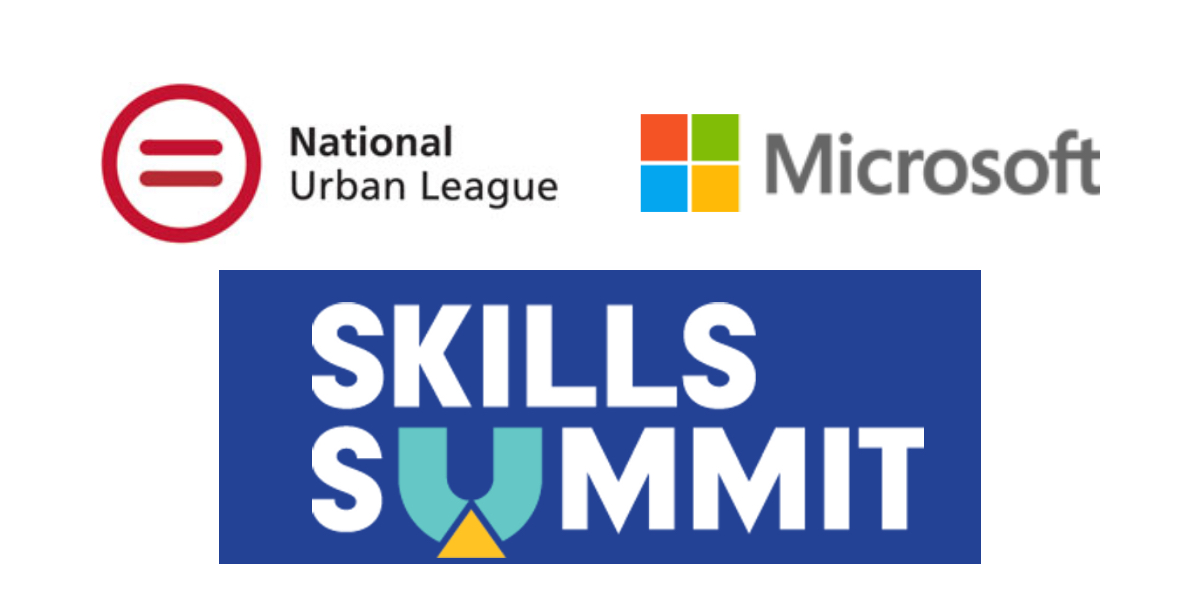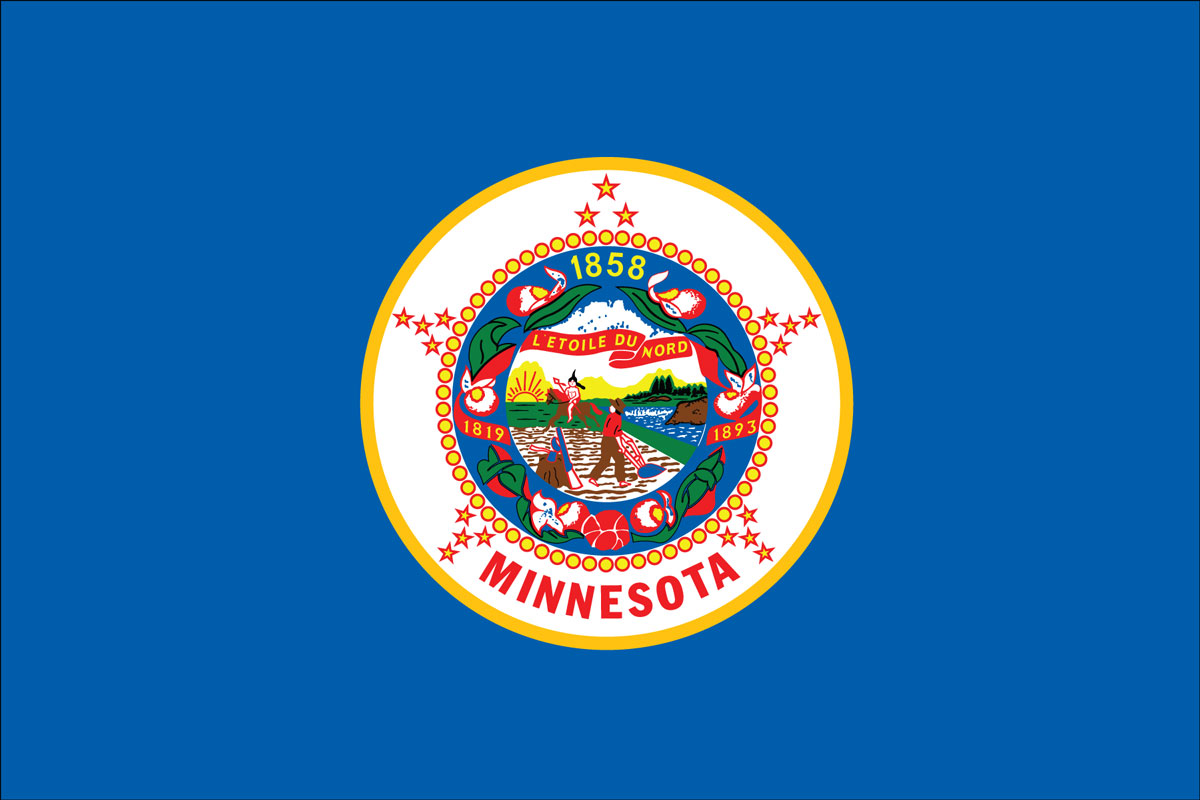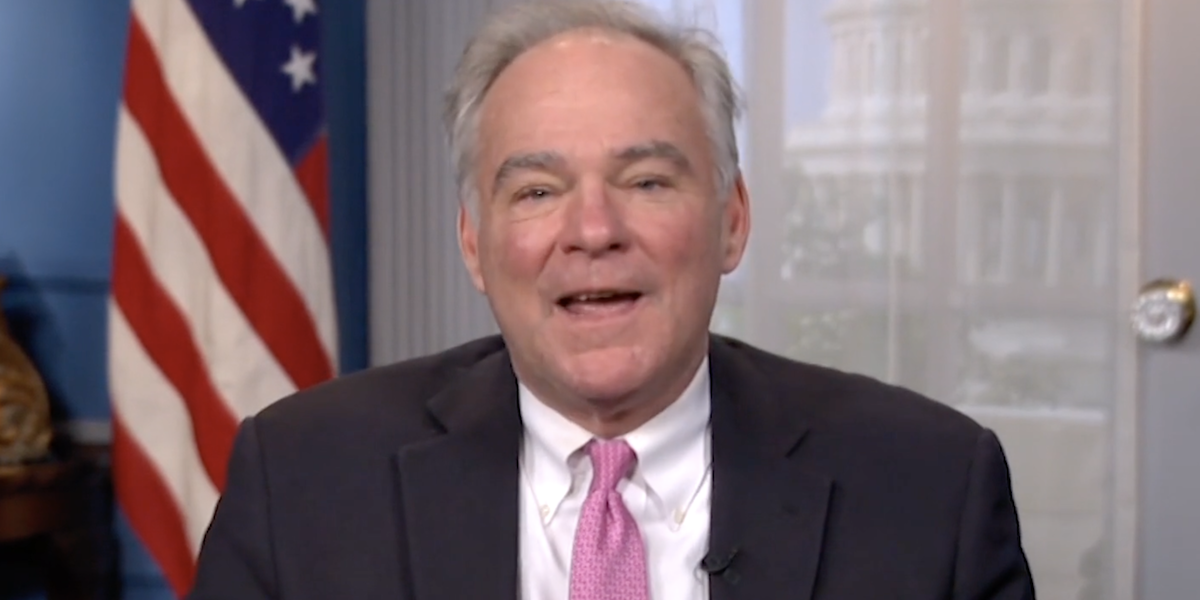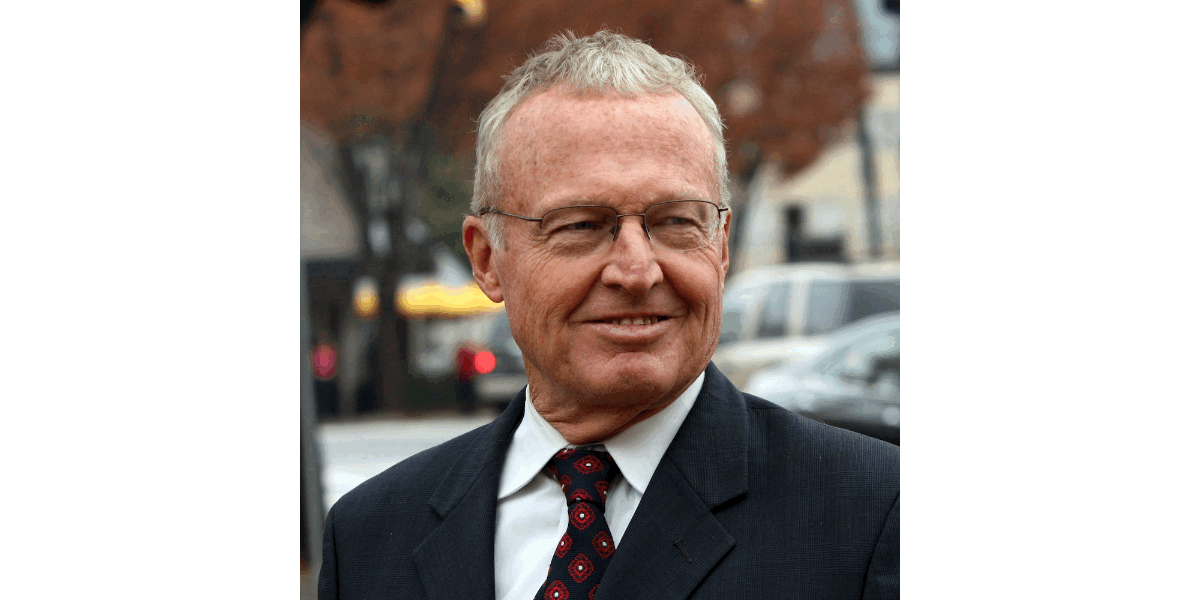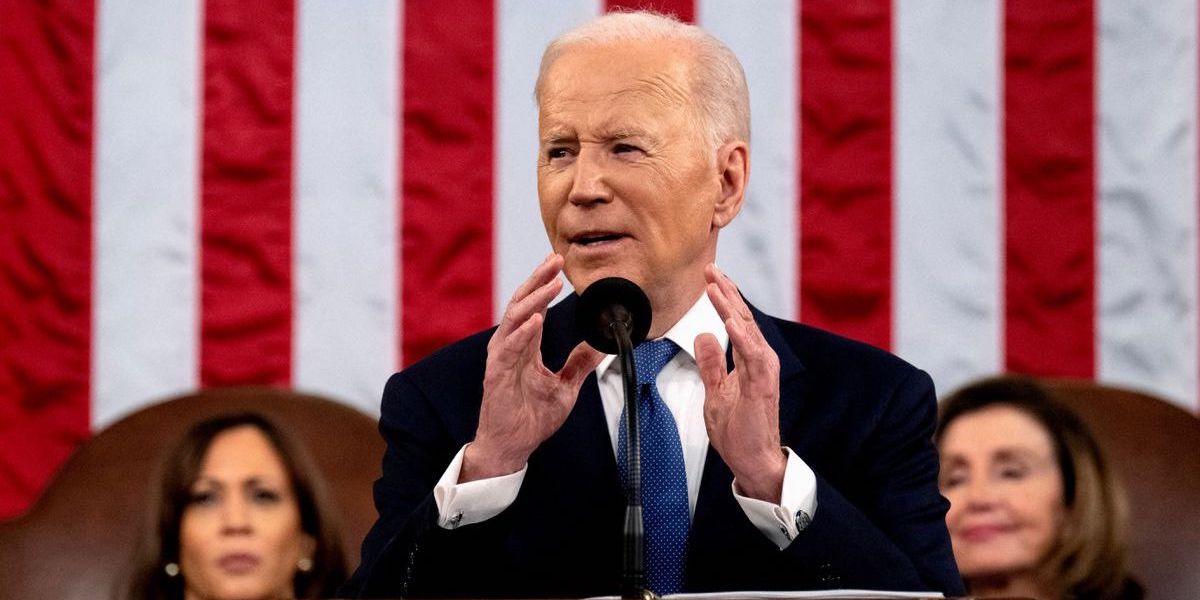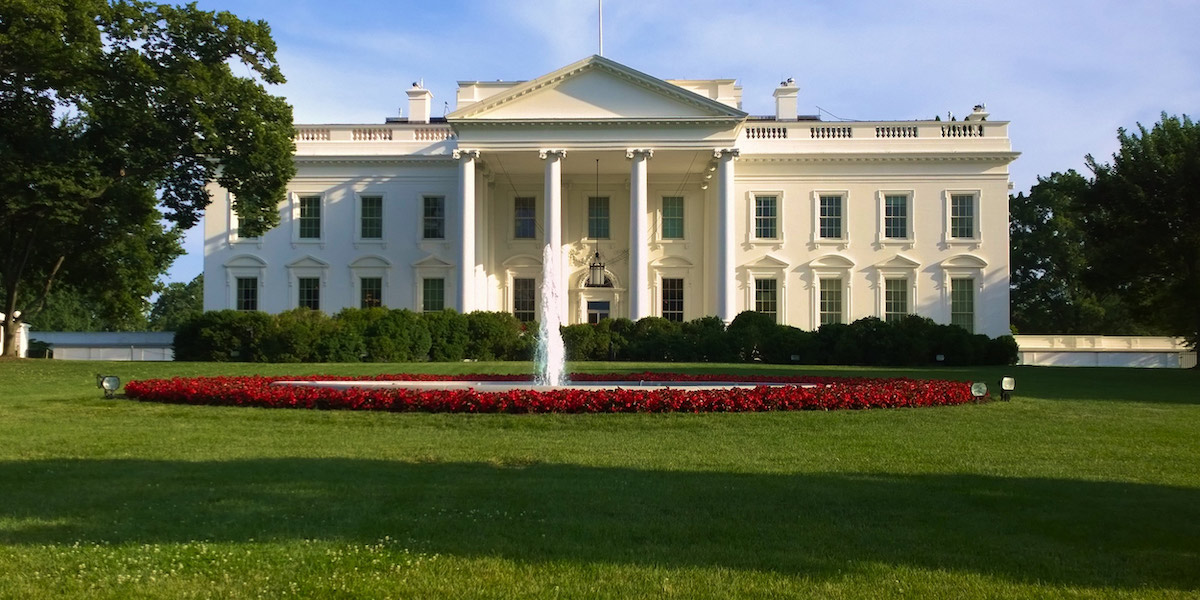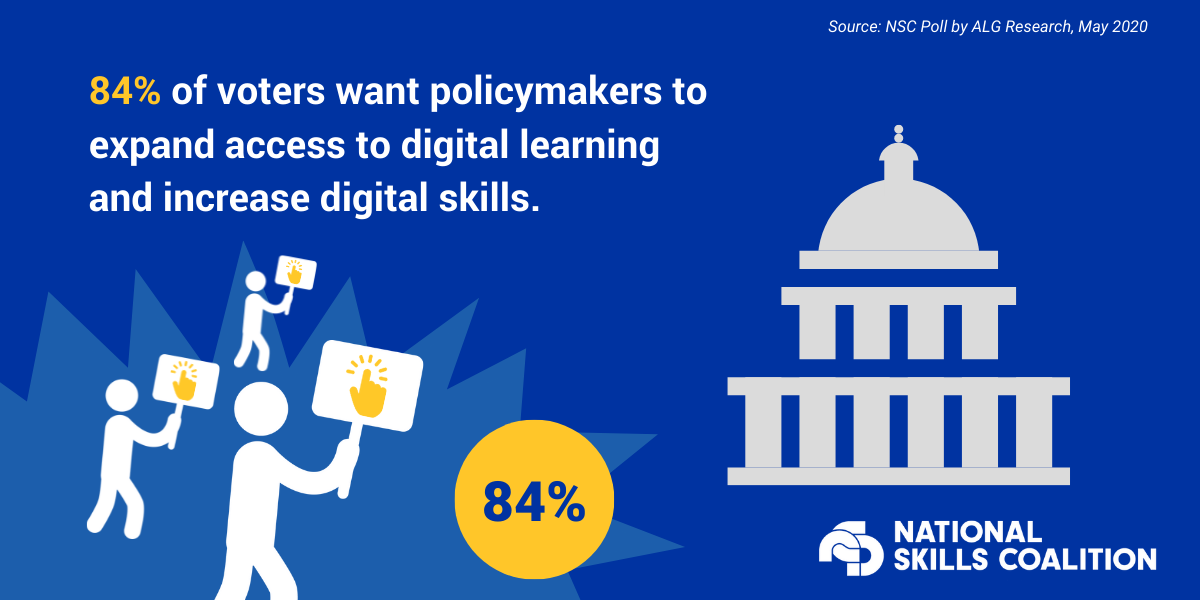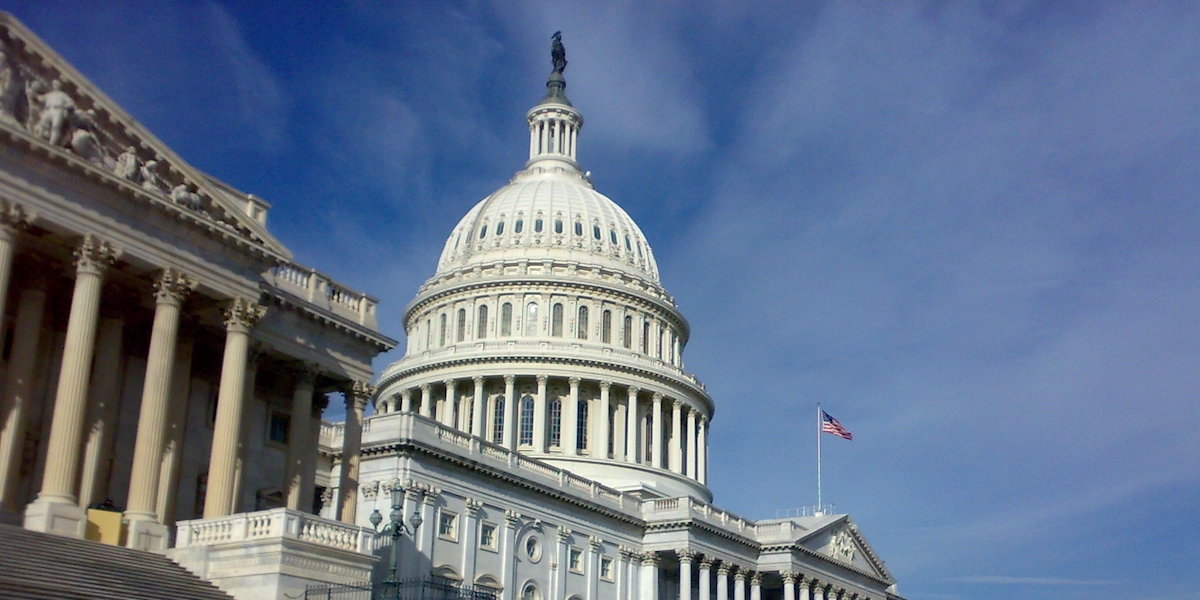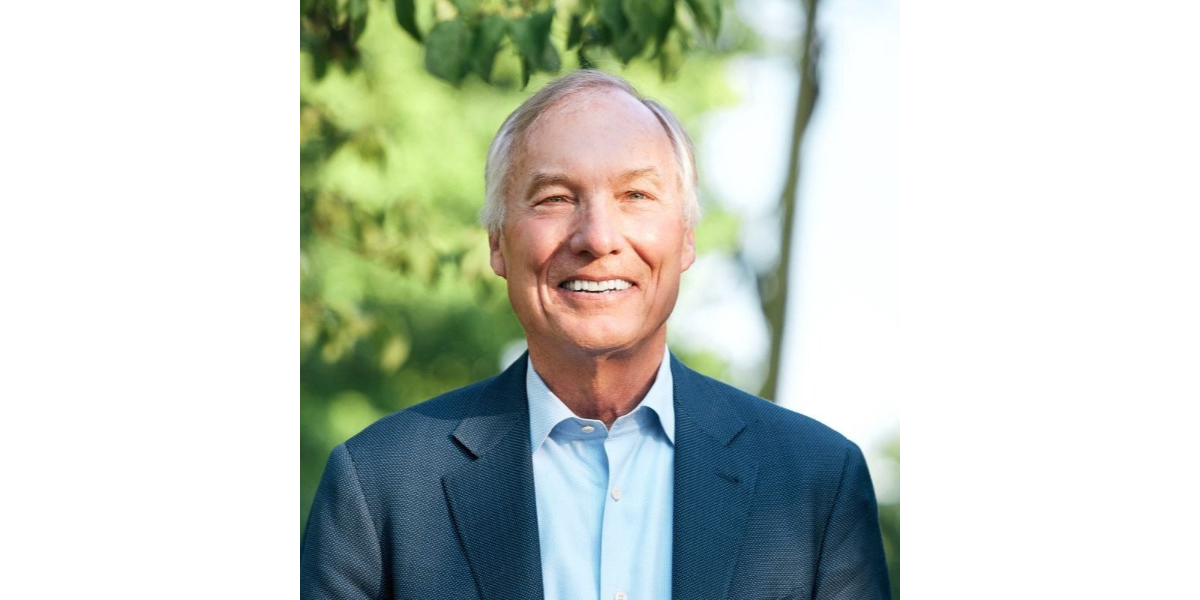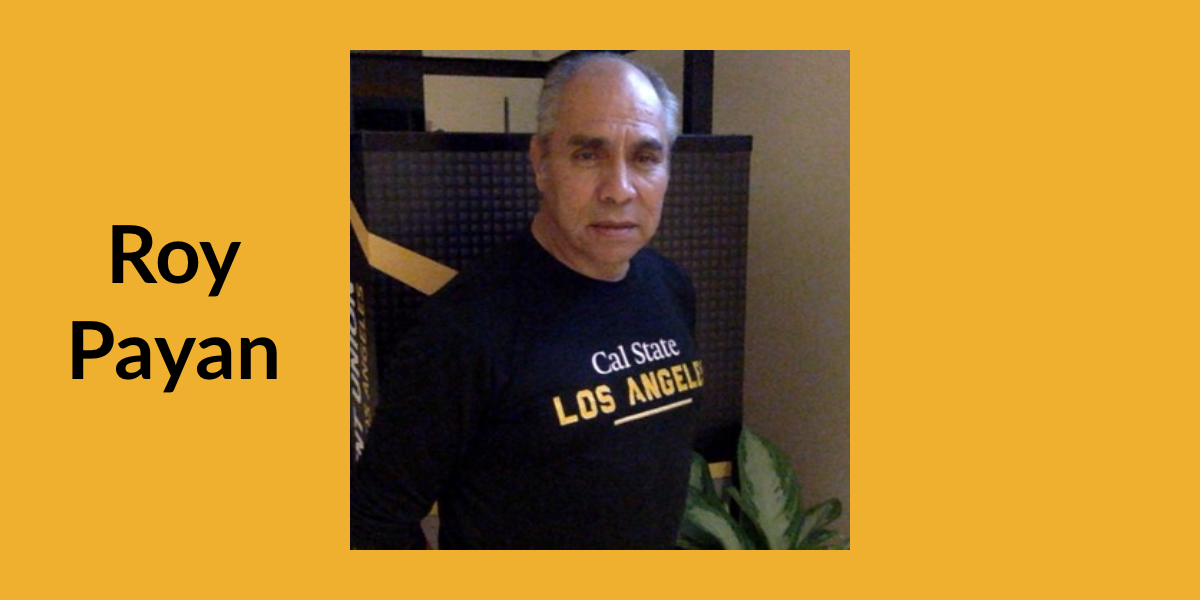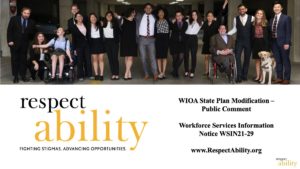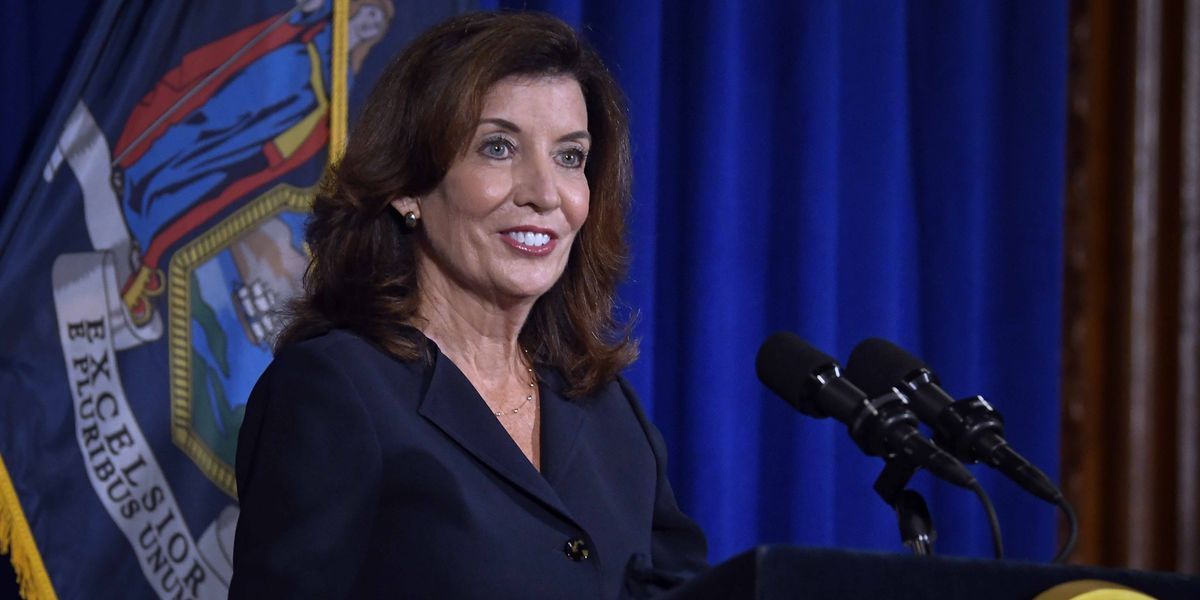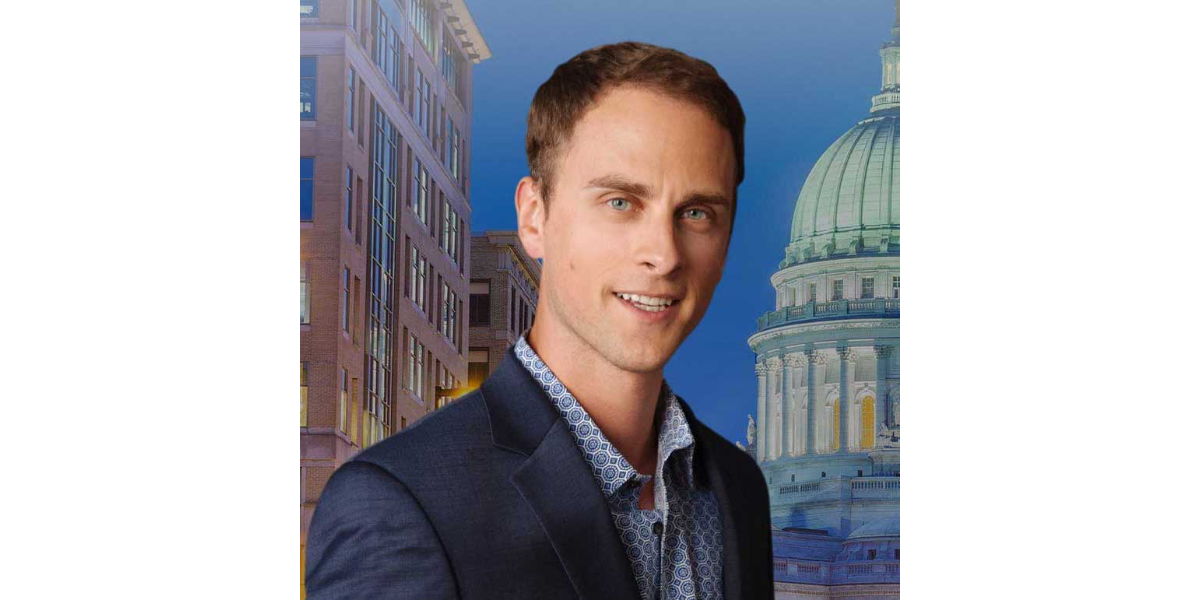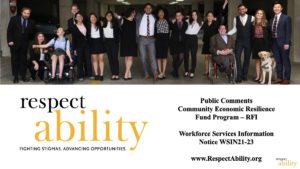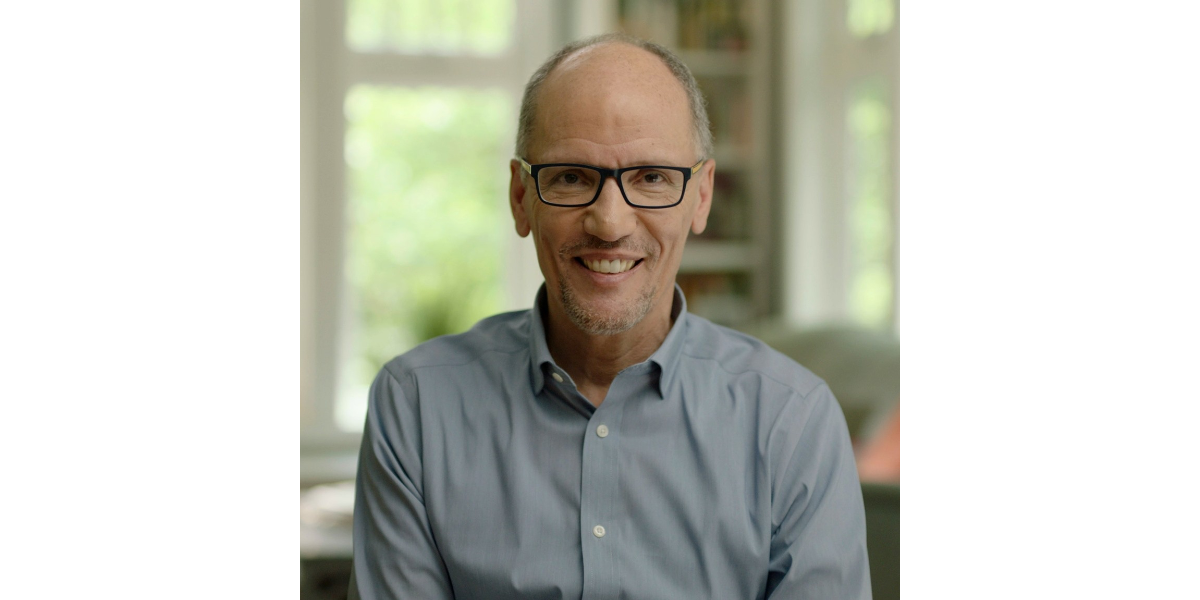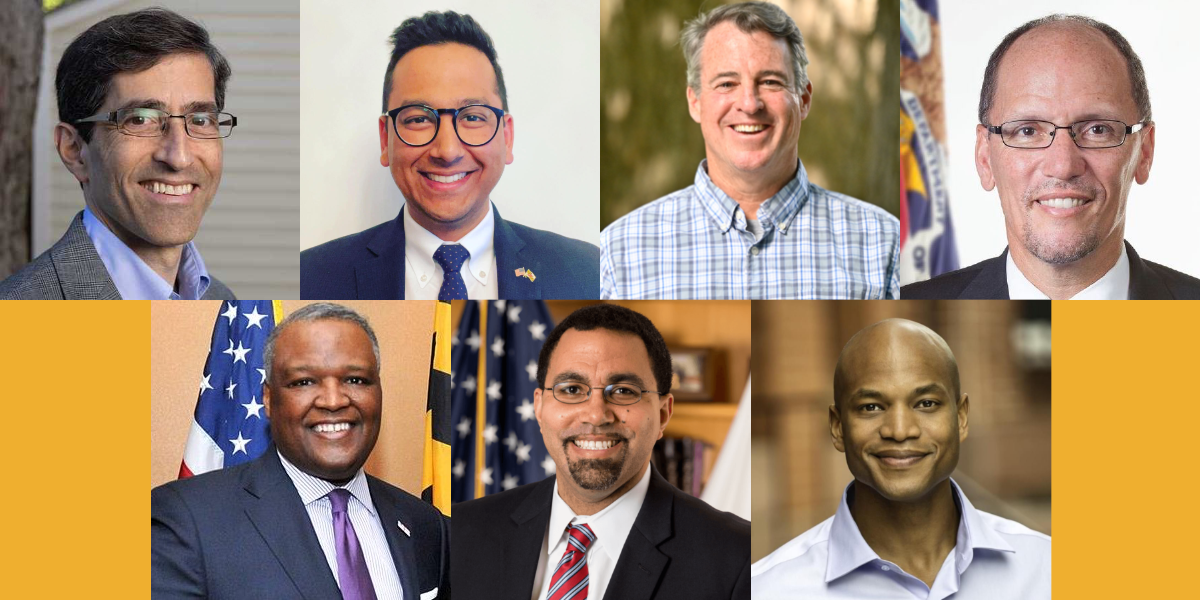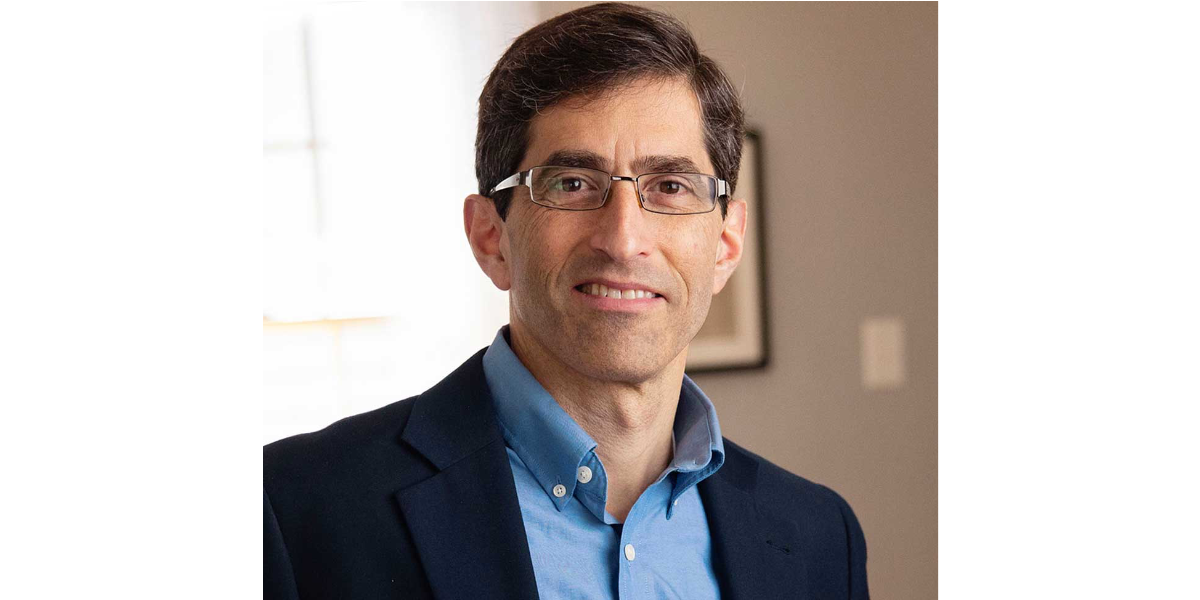Annapolis, MD, January 18 – Earlier this month, seven of the Democratic candidates for Governor of Maryland gathered online for a forum on education issues affecting Marylanders. The event, which was hosted by Maryland Democratic Party Chairwoman Yvette Lewis, was an opportunity where the candidates could have addressed issues for the 98,188 students with disabilities enrolled in Maryland’s K-12 school system. However, disability issues were not specifically discussed and none of the candidates mentioned the word disability during the forum.
Said Philip Kahn-Pauli, who leads candidate outreach for the disability nonprofit RespectAbility, “Sadly, all of the Maryland Democratic candidates for Governor earned an “F” today due to their failure to address the issues that impact students with disabilities.” Of the students with disabilities enrolled in Maryland’s K-12 school system, there are 257 American Indian or Alaska Native students with disabilities, 2,991 Asian students with disabilities, 40,262 Black or African American students with disabilities, 16,203 Hispanic/Latino students with disabilities, 103 Native Hawaiian or Other Pacific Islander students with disabilities, 4,372 Biracial students with disabilities, and 34,000 White students with disabilities. Continued Kahn-Pauli, “Recognizing the barriers and complexities that impact these students is a crucial responsibility for the next governor.”
While the candidates at the Forum did not directly address the disability community, many of the issues discussed have a direct impact on people with disabilities. Former nonprofit executive and federal official Baron called for vaccine requirements for Maryland’s teachers. Former Attorney General Doug Gansler also called for mandatory vaccinations for teachers, but keeping schools open as much as possible. He claimed it was “unfair” for students from poor environments to rely on technology and online school. Former US Secretary of Labor and Former Chairman of the Democratic National Committee Tom Perez specifically talked about supporting mental health professionals. Other issues discussed at the forum included broadband access, financial literacy, discrimination, and career readiness programs.
